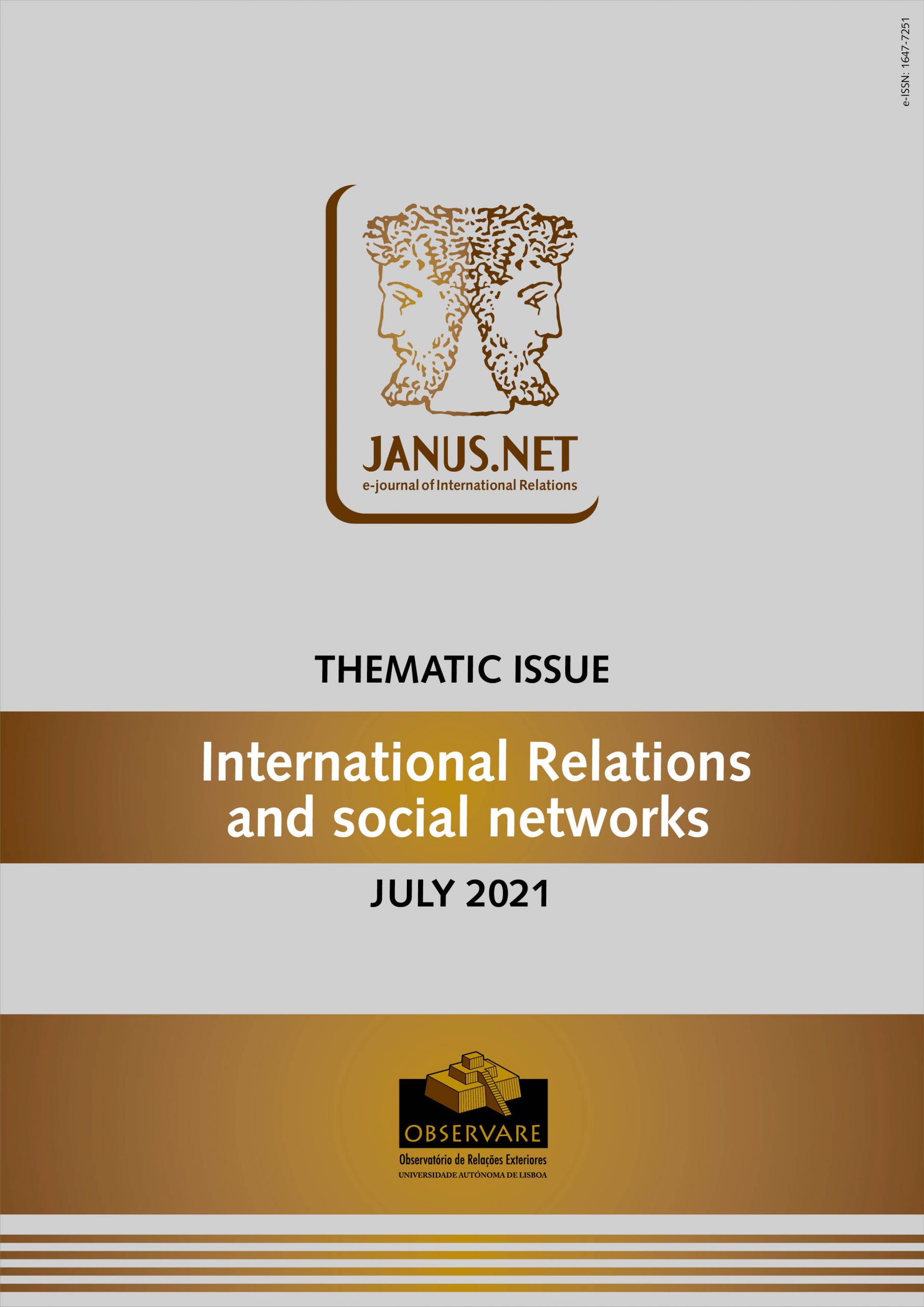Disinformation on social media has positioned itself as a strategy of diplomacy to intervene in the decisions of sovereign states through the use of fake news, misleading content, hate speech and deliberate falsehoods, information errors, among others, in order to mobilise their citizens, and thus change both public and state policies and rulers, generate social pressure on socio-economic systems, etc. Having said that, the analysis of this strategy in terms of the process of disinformation propagation has been characterised as biased as it involves multiple actors with different levels of decision-making; hence the aim of this paper is to analyse the propagation of disinformation as a diplomatic strategy in social networks through a systemic approach. The results show a generalist model of causal loops, which provides evidence of how disinformation is disseminated, based on the various elements documented in the literature on this diplomatic strategy. Concluding on the potential nature of disinformation and the role that the state and the social networks themselves should play in preventing and mitigating this phenomenon, which is currently affecting nations across the board and which has become popular through the use of diplomatic agents.
DISINFORMATION PROPAGATION IN SOCIAL NETWORKS AS A DIPLOMACY STRATEGY: ANALYSIS FROM SYSTEM DYNAMICS
alfredo.guzman@asturias.edu.co
PhD candidate in Policy and Public Management Modelling from the Universidad Jorge Tadeo Lozano (Colombia). Master in Engineering from the Instituto Tecnológico y de Estudios Superiores de Monterrey and Commercial Engineer from the Universidad de Ciencias Aplicadas y Ambientales U.D.C.A. Director of Research at the Corporación Universitaria de Asturias and Editorial Coordinator of Ediciones SUMMA.
PhD in Economics and Business Administration from ICADE. Degree in Statistics from the Complutense University of Madrid (Spain) and Bachelor's Degree in Economics and Business Administration, ICADE together with a Master's Degree in Data Mining and Business Intelligence from the Complutense University of Madrid. She is a reviewer member of the European Journal of Marketing.
Resumo
Palavras-chave
Como citar este artigo
Rincón. Alfredo Guzmán; Rodríguez-Cánovas, Belén. Disinformation propagation in social networks as a diplomacy strategy: analysis from system dynamics. Janus.net, e-journal of international relations. Thematic dossier International Relations and Social Networks, July 2021. Consulted [online] on date of last visit, https://doi.org/10.26619/1647-7251.DT21.3
Article received on 22 December, 2020 and accepted for publication on 23 March, 2021















